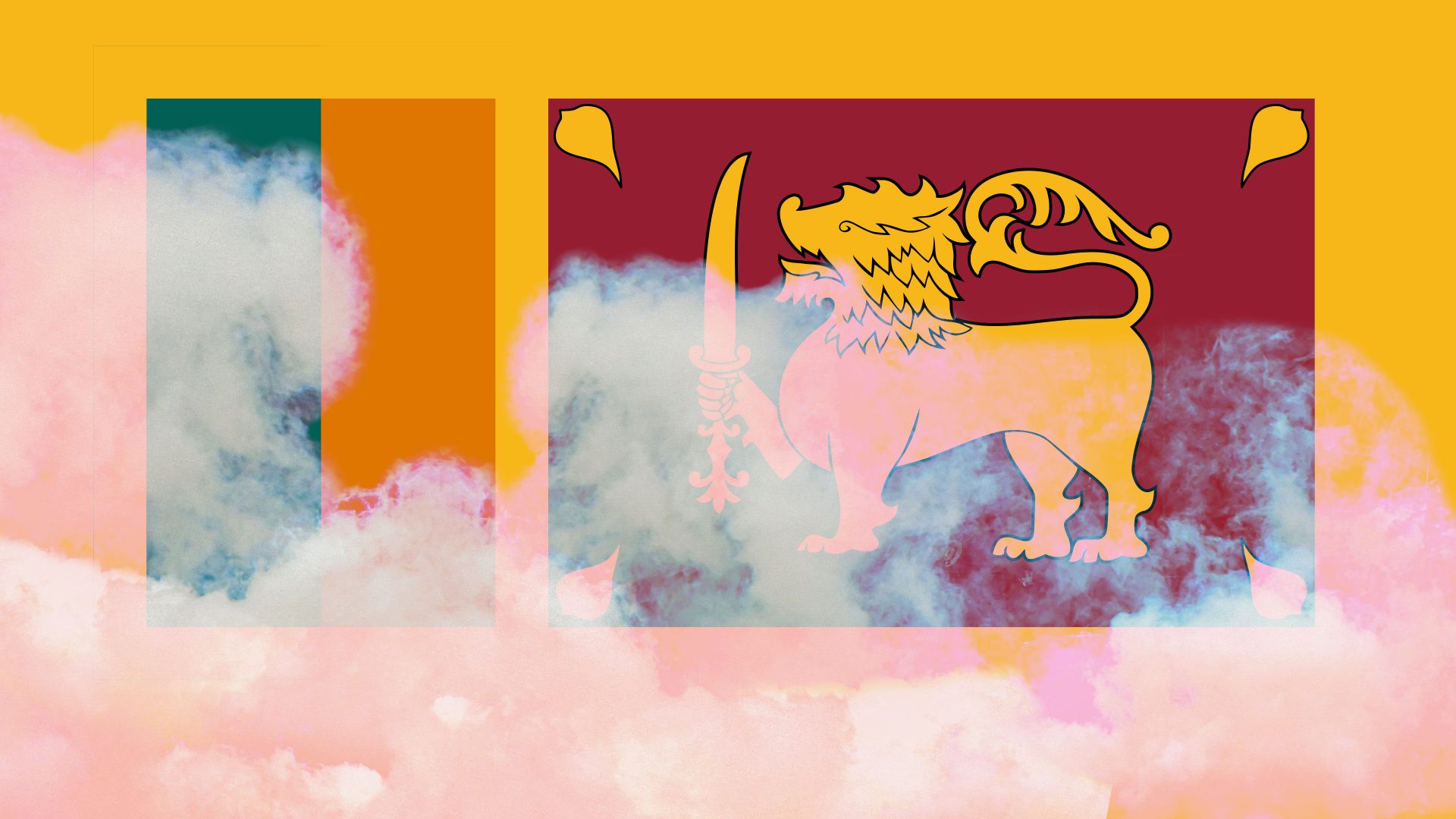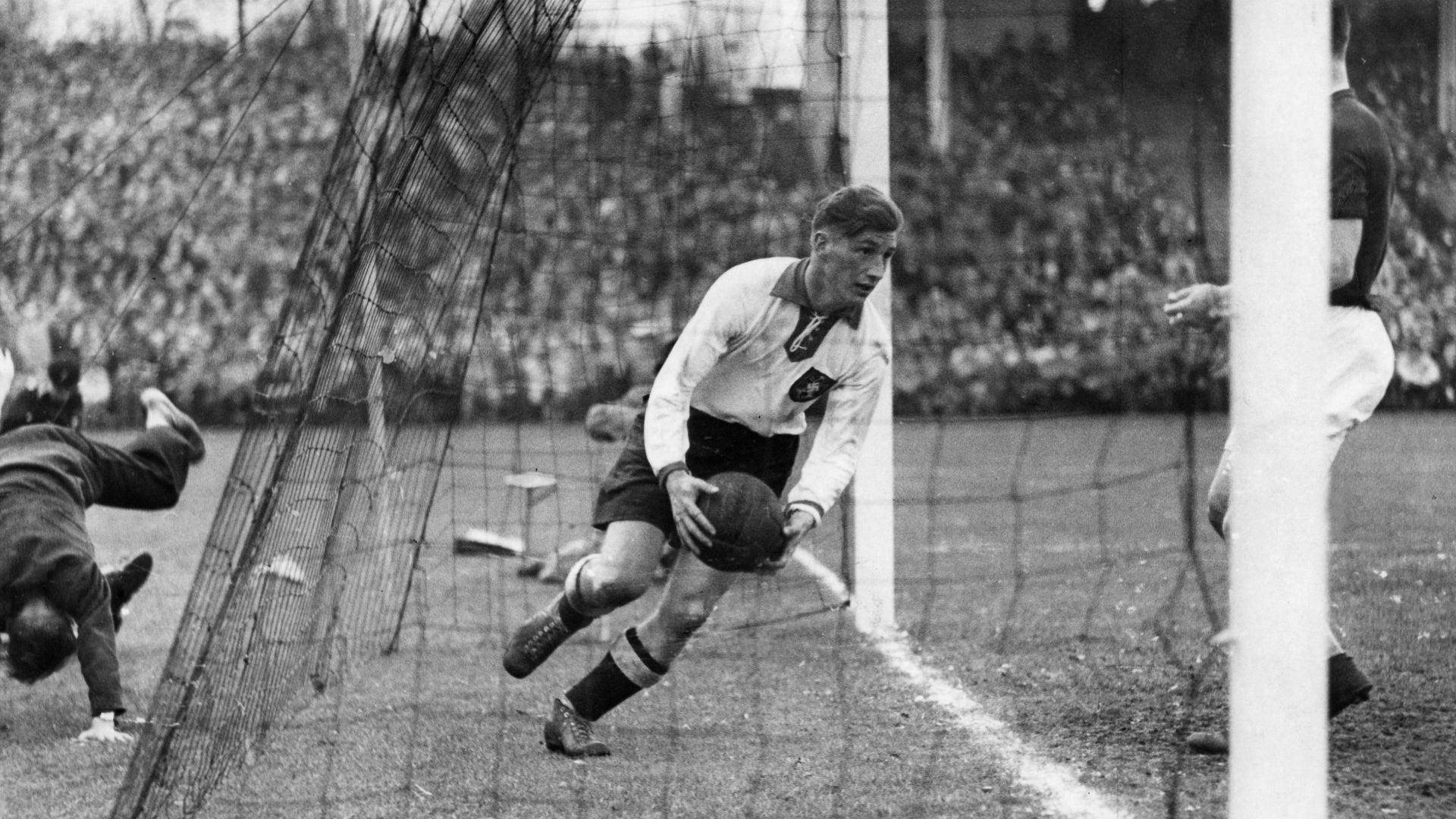A doctor calls from the local practice: “Hi,” he says, “it’s Dr Sri, here.”
“Sri?” I reply, “that’s an unusual name – what’s its origin?”
“Well,” he concedes, “that’s not my full name, it’s just the first bit of a very long Sri Lankan one.”
“Oh…” I pause for a moment, feeling very slightly wrong-footed – I’ve elicited these facts about my interlocutor’s heritage, and now I feel obliged not to fail the Chamberlain test, by continuing as if Sri Lanka were just another faraway country, troubled by quarrels “between people of whom we know nothing”.
Of course, the Great Appeaser was referring to the Sudetenland, which, even in 1938 when he was speechifying, was hardly a remote backwater. But then neither is Sri Lanka now; after all, it was a British colony for 133 years, while, by reason of its protracted civil war and successive associated diasporas, many Sri Lankans have ended up here in Britain. Thiru (short for Thirumoolam), who runs the massively convenient store adjacent to my flat, is one of them.
Back in early May when there was rioting in the Sri Lankan capital of Colombo, Thiru beckoned me behind the counter. He had a wide smile on his face and a large mobile phone in his hand.
“Look at these!” he trilled, scrolling through a series of images of high-performance sportscars – Porsches, Maseratis, Ferraris – all of which had once been painted in bright red and yellow livery, but which were now half-burnt-out shells. “You see these!” Thiru crowed, “this is just some of the stuff he bought with money he looted from the people – see! Now he’s getting what he deserves!”
The “he” in question was Mahinda Rajapaksa, the prime minister, who resigned following the disturbances; although his brother, Gotabaya, who holds the presidency, has remained clinging to power in very turbulent times. “I tell you, Will,” Thiru confided, “and I don’t say this lightly, I wouldn’t mind if what happened to Gaddafi happened to these people.” It’s pretty grim to wish that kind of death – being beaten to death by a mob – on anyone; and to hear Thiru – who’s an unfailingly cheerful and polite person – voicing such sentiments was equally disturbing.
But then I do know enough about the politics of Sri Lanka not to have been altogether surprised: almost immediately following independence, relations between Sri Lanka’s two principal communities, the Sinhalese and the Tamils, began to deteriorate. The conflict smouldered for decades then ignited into outright civil war between 1986 and 2009, when the last remnants of the Tamil Tigers were corralled in an enclave in the far north of the country, together with thousands of civilians, and pretty much eliminated by government forces using every weapon they had in their armoury.
Throughout, the conflict was typified by savagery on both sides, with the Tamil Tigers becoming the most prolific suicide bombers ever as they carried out scores of attacks, often on civilian targets. Nevertheless, the Tamils’ ongoing oppression, and the grotesque manner in which the war
was brought to a close, struck a chord with the British public – not least because hundreds of Tamil demonstrators camped out in Parliament Square during the final weeks of the hostilities, as if by their presence alone they could somehow induce the old colonial power to stop the slaughter.
Anyway, all of this spooled through my mind during that telephonic fermata – as did Sri Lanka’s proximate woes, triggered by the pandemic putting a stop to the tourist industry, then exacerbated by the government’s quixotic attempt to introduce organic farming by fiat. So, I said, “Very sad what’s going on in Sri Lanka at the moment…” a remark intended to evince either sympathy or schadenfreude, but which was met by Dr Sri with a weighty
silence – followed by moving the conversation on to my possible symptoms of deep vein thrombosis.
The next day in the shop I quizzed Thiru about Dr Sri: “Sri, right, that’s the prefix for a Tamil name, isn’t it?” So, I was a bit surprised when he didn’t respond to my remarks with some, um, glee. “Oh no,” Thiru shook his head, “it could be a Sinhalese name, and the fact he went quiet suggests it was – he’s ashamed.”
It’s a characteristic of all imperialist hegemons to regard the conflicts between different groups of their subjects as beneath notice: petty little rivalries born out of their benighted circumstances. But once the empire falls it ill-behoves its successors to sustain the same attitude. Of course, the Sri Lankan meltdown may indeed be in a relatively faraway country – but there’s a not dissimilar intercommunal conflict still simmering in Northern Ireland; one the British government, fuelled by ignorance and condescension, seems intent on reigniting.



